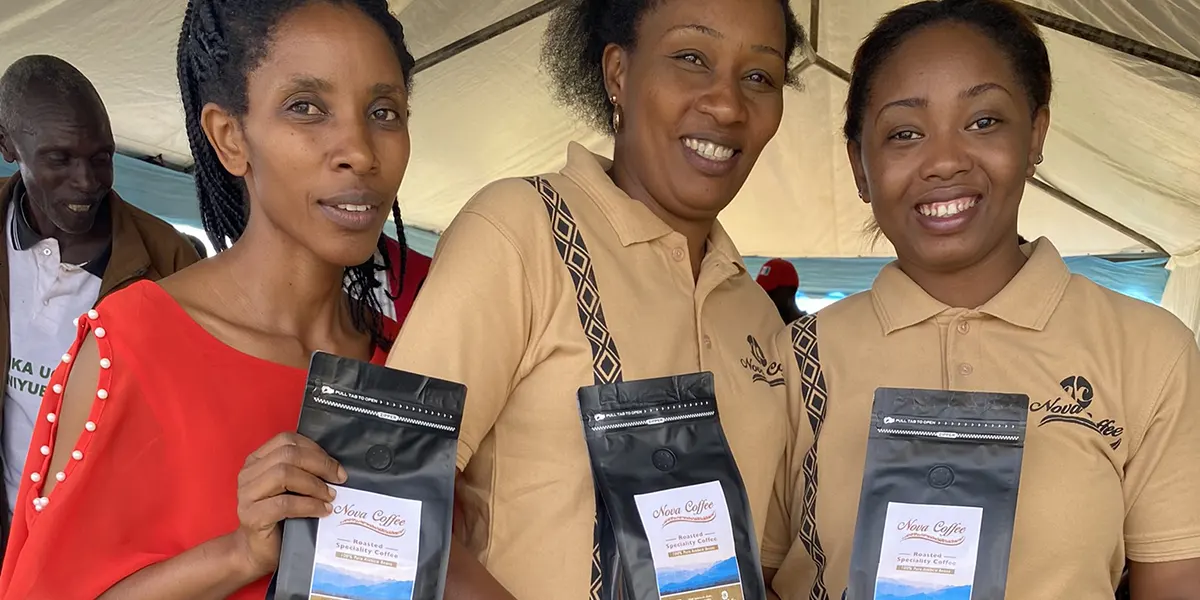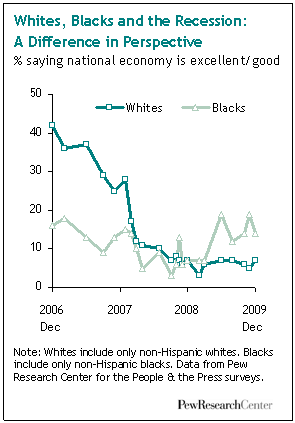Rwanda coffee women empowerment is a transformative movement that significantly contributes to the country’s socio-economic landscape. By engaging women in the coffee industry Rwanda, female workers are not only gaining financial independence but also paving the way for gender equality in agriculture. As they process Rwandan specialty coffee, these women experience increased economic empowerment, which has been linked to a reduction in domestic violence Rwanda. This shift not only empowers individuals but also positively impacts the community by promoting healthier family dynamics. Ultimately, the rise of women in Rwanda’s coffee sector serves as a beacon of hope, illustrating the profound effects of empowering women in traditionally male-dominated industries.
The empowerment of women in the Rwandan coffee sector represents a significant advancement in improving economic conditions and societal norms. Female coffee workers are redefining their roles by actively participating in the production of high-quality coffee, which has become a critical element of the nation’s economy. This grassroots movement towards women’s economic empowerment is crucial in addressing issues like gender disparity and domestic violence, creating healthier domestic environments as women gain financial agency. The impact of this initiative extends beyond the coffee mills, fostering a cultural shift towards greater gender equality in agriculture and inspiring other regions to follow suit. As women step into leadership roles within the coffee industry, they not only elevate their own status but also inspire future generations to pursue their ambitions unapologetically.
The Impact of Women’s Economic Empowerment in Rwanda
In Rwanda, the coffee industry’s robust growth has become a cornerstone for promoting women’s economic empowerment. As women participate more actively in coffee processing through cooperative mills, they gain not only a financial foothold but also an enhanced status within their families. This transformation is significant in a country where traditional gender roles have often relegated women to subordinate positions. By earning their own income, women can contribute to household finances, which in turn fosters a greater sense of autonomy and control over their lives. Studies have shown that financial empowerment is linked to decreased rates of domestic violence, as women become less dependent on potentially abusive partners.
The economic independence gained through the coffee sector serves a dual purpose: it supports the families economically while simultaneously elevating the positions of women within the home. When women process coffee cherries at local mills, they are not just contributing to their family’s economic stability; they are also asserting their rights and challenging existing gender norms. This paradigm shift is crucial for promoting gender equality in agriculture and ensuring that women are recognized as equal participants in the agricultural economy, thereby reinforcing their empowerment.
Frequently Asked Questions
How does Rwanda coffee women empowerment contribute to gender equality in agriculture?
Rwanda coffee women empowerment plays a crucial role in promoting gender equality in agriculture. By integrating women into the coffee production process, particularly in cooperative mills, they gain wage-earning opportunities, which enhance their economic status and decision-making power. This shift not only helps reduce domestic violence but also creates a more equitable agricultural environment.
What impact does the Rwandan specialty coffee industry have on domestic violence rates among women?
The Rwandan specialty coffee industry significantly impacts domestic violence rates by providing women with income-generating jobs. Research indicates that women working in coffee production are less likely to experience domestic abuse, especially during the harvest season when they contribute economically through cooperative mills.
How does women’s economic empowerment through coffee production affect household decision-making in Rwanda?
Women’s economic empowerment through coffee production in Rwanda strengthens their influence in household decision-making. As women earn wages from their labor in the coffee sector, they gain the ability to participate in financial and family decisions, fostering greater equality within the household.
What are the benefits of employing women in the coffee industry in Rwanda?
Employing women in the Rwandan coffee industry provides multiple benefits, including enhanced financial independence, improved family dynamics, and reduced domestic violence rates. Additionally, when women engage in coffee production, their contributions are acknowledged, which elevates their status within both the family and the community.
Why is gender equality in agriculture important for Rwanda’s economic development?
Gender equality in agriculture is vital for Rwanda’s economic development as it maximizes the potential of half the population—women—in sectors like the coffee industry. By empowering women and ensuring their participation in agricultural practices, Rwanda can increase productivity, boost economic growth, and improve overall social welfare.
What role do cooperative mills play in empowering Rwandan women in the coffee industry?
Cooperative mills are instrumental in empowering Rwandan women in the coffee industry by providing them with paid employment opportunities. These mills allow women to transition from unpaid family work to wage labor, enhancing their economic security and giving them greater bargaining power within their households.
How does the increase in women’s income from coffee production reduce domestic violence in Rwanda?
Increased income from coffee production reduces domestic violence in Rwanda by shifting power dynamics within households. When women earn their own income, they gain economic independence and bargaining power, making it less feasible for husbands to exert control or abuse.
What measures can be taken to further enhance women’s empowerment in Rwanda’s coffee sector?
To further enhance women’s empowerment in Rwanda’s coffee sector, strategies could include providing training programs, increasing access to resources such as finance and land, and implementing policies that support women’s rights and address domestic violence, thereby creating a more equitable working environment.
How does female participation in coffee production improve community welfare in Rwanda?
Female participation in coffee production improves community welfare in Rwanda by fostering economic growth and increasing household incomes. This economic empowerment enables women to invest in their families’ health, education, and overall quality of life, which in turn benefits the broader community.
What long-term impacts can women’s economic empowerment in the Rwandan coffee sector have on society?
The long-term impacts of women’s economic empowerment in the Rwandan coffee sector can include sustained reductions in domestic violence, improved health and education outcomes for children, and a more equitable society that values the contributions of women, ultimately driving broader social and economic progress.
| Key Points | Details |
|---|---|
| Rwanda Coffee Women Empowerment | Women are empowered economically through cooperative mills that process coffee, leading to reduced domestic violence. |
| Economic Impact | The coffee industry boom in Rwanda has increased women’s participation in the workforce, offering them wages and reducing their dependence on husbands. |
| Study Findings | Research indicates that women working at coffee mills experience less domestic abuse, especially during harvest seasons when their income is linked to family earnings. |
| Cultural Context | Empowerment is more effective in contexts where divorce is an option and women’s earnings are valued by their partners, providing them with bargaining power. |
| Long-term Benefits | Increased income among women leads to enhanced decision-making in households and overall better financial situations. |
Summary
Rwanda coffee women empowerment has shown significant potential for transforming women’s roles in the household and society. By engaging in the coffee industry, women not only gain financial independence but also reduce their vulnerability to domestic violence. The research conducted highlights that as women earn wages, they also acquire greater bargaining power, leading to less likelihood of abuse during crucial harvest periods. This empowerment through economic independence showcases the positive changes that can emerge when women are actively involved in profitable industries like coffee production.



